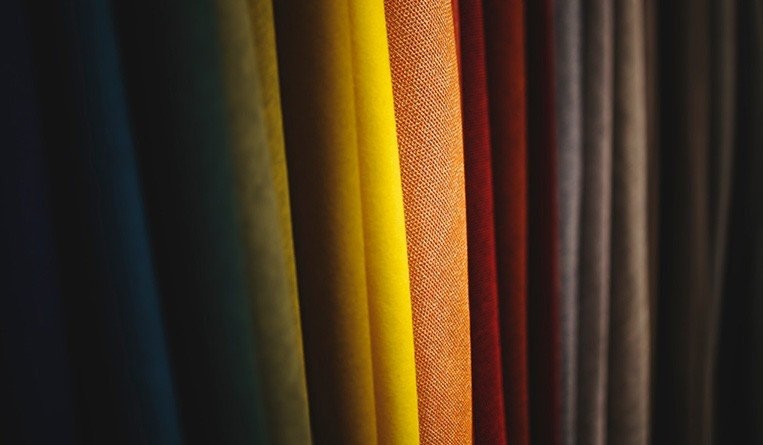Indonesia: Nakamichi Evens the Score Against Infringers
24 November 2015

Andy Najanurdin manufactures and trades in fabrics using the Nakamichi brand throughout Indonesia. In 2004, he registered the mark NAKAMICHI under IDM000068148 for goods in Class 24. He has built his reputation over the years by maintaining the excellent quality of his fabrics. In August 2013, he was shocked to receive customer complaints on the deteriorating quality of Nakamichi fabrics. He conducted his own investigations and found that another entity was selling fabrics using the Nakamichi brand.
Najanurdin reported this activity to the Indonesian Textile Association, which conducted its own field investigation. It was discovered that one Harry Sucipto, a member of the association, was selling Nakamichi brand fabrics. The association tried to settle the dispute and mediate between both parties. However, Sucipto denied selling counterfeit Nakamichi products and also denied infringing the Nakamichi mark.
Realizing that Sucipto did not show any good faith in settling the dispute, Najanurdin filed a report with the police. The police found evidence establishing the criminal activities of Sucipto and his cohorts namely Janwar T. Sucipto, PT Sipatek Putri Lestari, Dhanny S. Suwaji (owner of CV Pansurya) and Handoko (owner of Toko Moro Seneng).
The plaintiff’s mark
In 2014, a criminal action was filed by Najanurdin with the West Jakarta Commercial Court. After trial, Sucipto was found guilty and convicted for the illegal manufacturing, trading and distribution of Nakamichi fabric products owned by Najanurdin. In its decision, the court sentenced Sucipto to three (3) months imprisonment and a fine of Rp30 million (US$2,376).
Further, Najanurdin filed a civil action to recover damages amounting to Rp25.18 billion (US$1.87 million) based on Article 76 of Trademark Law No. 15 of 2001 which states that the owner of a registered trademark can file a lawsuit against another party who is unlawfully using the brands which are similar in principle or in its entirety and used on similar goods and services. It further states that the owner of the mark may claim for compensation and/ or cessation of all acts relating to the use of the infringing trademark.
Najanurdin claimed that he suffered losses and declining sales turnover as a result of the infringing activities of the defendant. In fact, in the years 2009 and 2010, Nakamichi fabric sales increased by Rp842.88 million (US$67,000) from Rp1.2 billion to Rp2.05 billion. However, when the defendant’s infringing activities started in 2011, the plaintiff’s sales dropped to Rp801.42 million (US$63,400) in 2011, and further to Rp150.48 million (US$ 11,900) in 2012 and then further to Rp20.48 million – a mere US$1,600 – in 2013. Najanurdin claimed total material losses from 2011 to 2013 reached Rp5.18 billion (US$410,000) excluding immaterial losses totalling Rp20 billion (US$1.58 million). Immaterial losses refer to moral damages or loss which cannot be measured.
Based on the evidence and testimony of witnesses presented and in consideration of Articles 76 and 91 of the Trademark Law, the court was convinced that the defendants was guilty of a series of infringements involved in the manufacturing, trading and distribution of infringing products bearing the Nakamichi mark. On January 2015, the court rendered a decision in favour of Najanurdin and ordered the defendant to pay the damages amounting to Rp2.5 billion (US$198,000). The court also ordered the defendant to cease from the manufacturing and selling of Nakamichi products.
This case is one of the rare occasions where the court has awarded damages in favour of the plaintiff for infringement cases at the civil court. While the total amount of damages awarded may be lesser than what was prayed by the plaintiff, the decision sends a strong message to infringers to think twice as the criminal and civil courts of Indonesia will not hesitate to make them pay for their actions.






